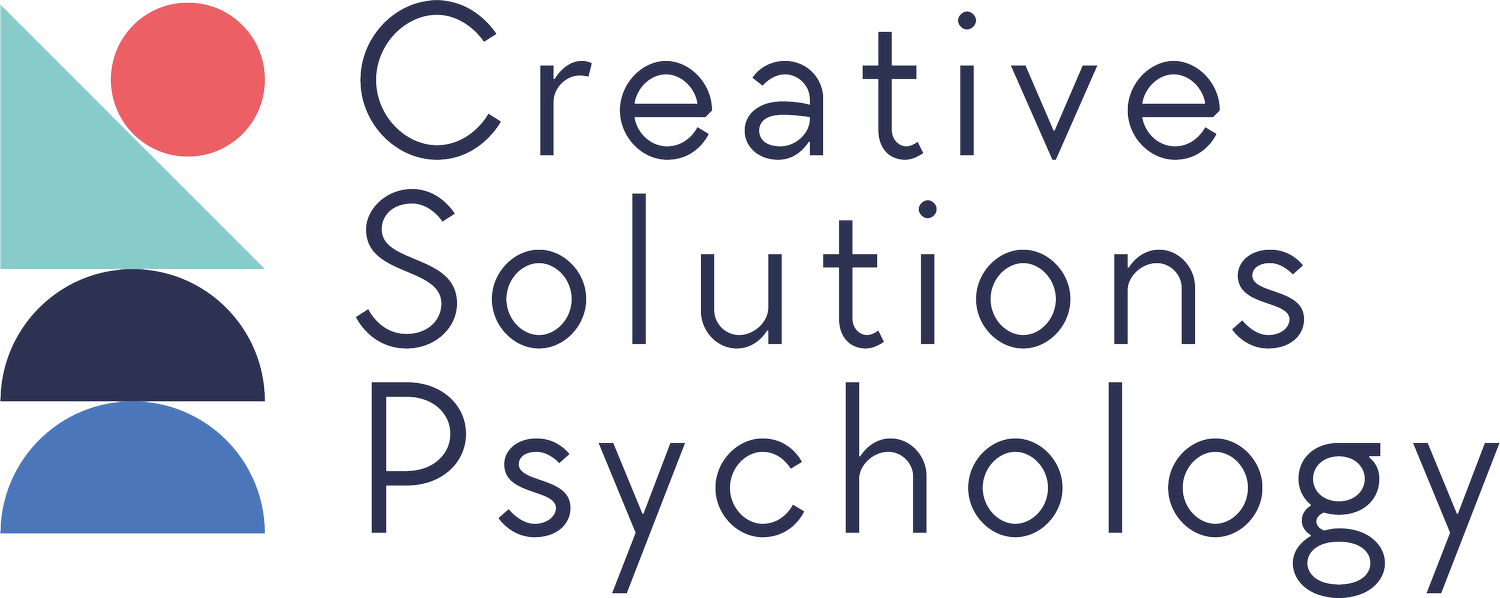Using Video as a Tool to Support Children with Additional Needs
Video recordings can be a powerful tool for parents and teachers of children with special needs. As an educational psychologist, I have seen firsthand how video recordings can support the assessment and intervention of children with additional needs. Here are some ways that parents can use video recordings to support their child’s development:
Record classroom observations
If your child attends school, recording classroom observations can be a great way to monitor your child’s progress and identify areas for improvement. By watching videos of your child in the classroom, you can get a better sense of how they interact with their peers, follow directions, and complete tasks. You can also share these videos with teachers and other professionals to get their input on your child’s progress. An Educational Psychologist will be able to facilitate the recording and analysis of the video.
Document behaviour
Video recordings can be a helpful tool for documenting your child’s behaviour over time. For example, if your child has a behaviour plan in place, you can use video recordings to track their progress and see if the interventions are working. You can also use video recordings to identify triggers for challenging behaviours and develop strategies to address them.
Capture milestones
Recording videos of your child reaching developmental milestones can be a great way to celebrate their progress and document their growth. For example, you can record your child’s first steps, first words, or first time completing a task independently. These videos can be a powerful reminder of how far your child has come and can be shared with family members and friends.
Use video modelling
Video modelling is a technique where children watch videos of themselves or others performing a task and then imitate the behaviour. This can be a helpful tool for children with special needs who struggle with social skills, communication, or other areas. For example, you can record your child having a conversation with a friend or completing a task independently and then use the video to reinforce the behaviour. Make sure you only use videos of positive moments that highlight your child's strengths. Never use videos with your child in a negative way.
Share with professionals
Video recordings can be a helpful tool for sharing information with professionals who work with your child. For example, you can share videos with your child’s educational psychologist, teacher, or doctor to give them a better sense of your child’s strengths and areas for improvement. This can also be a helpful way to ensure that everyone is on the same page when it comes to your child’s development.
When using video recordings to support your child’s development, it is important to keep a few things in mind. First, be sure to get consent from anyone who appears in the video, including your child and any other children in the classroom or setting. Second, be mindful of privacy concerns and only share videos with professionals who have a need to know. Finally, be sure to store videos in a secure location and delete them when they are no longer needed.
In conclusion, video recordings can be a powerful tool for parents of children with special needs. By using video recordings to monitor progress, document behaviour, capture milestones, use video modelling and share with professionals, parents can support their child’s development and ensure that everyone is on the same page when it comes to their needs. If you are a parent of a child with special needs, consider using video recordings as part of your toolkit for supporting your child’s development.
